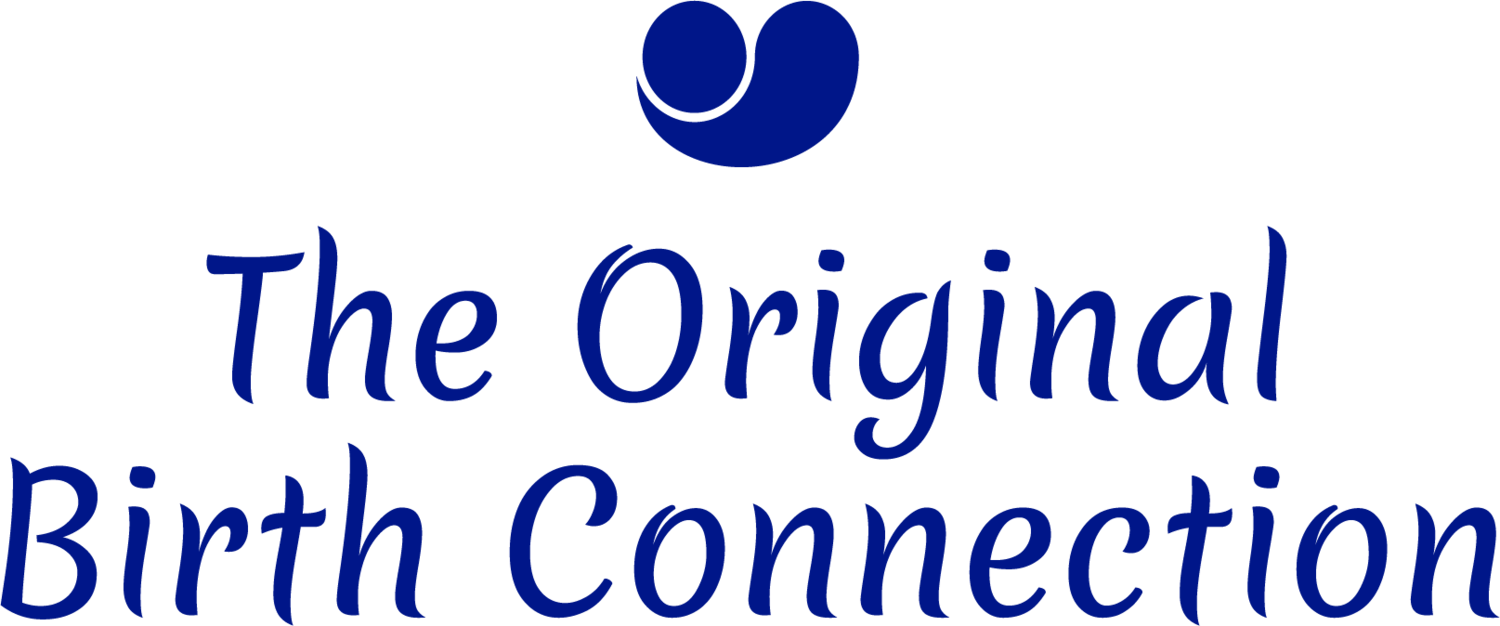Let’s talk about Freebirth
You may have seen some news stories lately about Freebirth. The Royal College of Obstetricians and Gynaecologists (RCOG) and some Midwives have issued a statement expressing their concern about the rise in Freebirth.
In case you’re not sure what Freebirth is …. it is the active decision to (typically) not engage with medical professionals during pregnancy and birth. This is different from a “Birth Before Arrival” (BBA), where maternity services are accessed throughout pregnancy and midwives are summed to a homebirth, but do not arrive before the baby is born.
So, as Doulas, what do we think?
If you’ve read the articles you may have had a mix of emotions, thoughts, gut reactions ranging from anger, to frustration, to even maybe agreement. One aspect of the reporting that stands out is the blanket statement that Freebirth is dangerous. One of the key tenents of good Doula practice is the advocacy for individualised care. Another is to respect the instinct of the birthing person. Perhaps Freebirth isn’t right for everyone, but birthing people should be given up to date information about risk and their rights. These discussions are often not had, and blanket statements such as those shared in the media are unhelpful.
WHAT IS FREEBIRTH?
Freebirth is entirely legal in the England. It is the choice to birth without medical attendants present.
Freebirth has been gaining momentum, impacted by several factors. The first being the availability and flexibility of good maternity care during the pandemic, where birthing people who birthing within the NHS were serverely restricted on where they could give birth and when … delivery suite was generally the only option in most trusts and we saw a huge rise in inductions. To counter this many more people chose to birth individually at home in order to have their chosen partner(s) with them.
Since the pandemic the state of maternity services in the NHS has left many people feeling that birthing independently, at home, with their chosen partners around them will feel safer. 2/3 of maternity services in England are currently considered inadequate by the Care Quality Commission.
Freebirth isn’t a knee jerk reaction to a previous bad birth. Or to a single bad interaction or a general belief that “natural”, pain-relief free birth should be the objective - no matter the cost. Parents who choose to freebirth tend to well informed. They consider their knowledge and understanding of birth and the potential risks/ benefits of birthing without assistance very carefully .
SUPPORTING FREEBIRTH AS A DOULA?
It’s important that as Doulas and other birth workers we are not idolising “natural” birth, unless it is what is right for the individual. Toxic positivity can have as damaging and longterm negative impacts as a traumatic birth experience.
Those who choose to freebirth often opt for the continuity of care a Doula provides. Many have done research into what Freebirth means, and know the risks in detail. Most have spent a great deal of time internalising their sense of wellbeing and their babies wellbeing.
Looking inward for signs of anything wrong instead of relying solely on monitors and external information puts them in tune with their body and an ability to react quickly should something go wrong.
What they come up against is fear mongering, such as what you’d read in the above media pieces.
Being told that no ambulances would be able to attend, no midwives would be able to come, no one will help them because they have had the audacity to attend to their own well being and birth.
Freebirth is not for everyone. Understanding the risks of all birth, how comfortable your clients are with those risks are important for doula supporting freebirth. It’s important to have a have a plan in place should medical care be required. Up to date studies about the safety of home births, medicalised procedures and the realities of birthing in a hospital should be explored. As doulas we’re able to make independent decisions about whether we choose to provide emotional and physical support to parents intending to freebirth.
What Freebirth should not be is ignored and maligned. Nor should it be entirely discouraged.
So what do you think?
